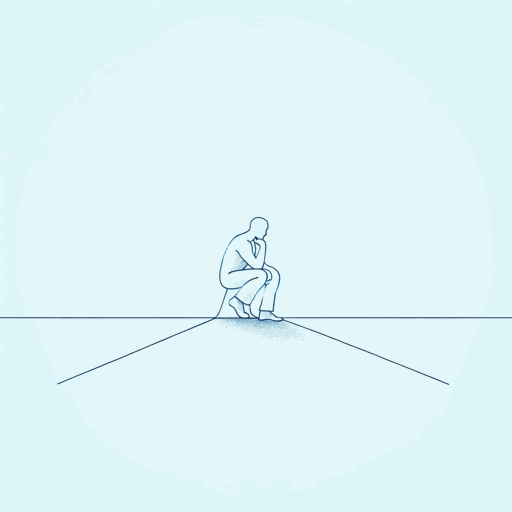38 pages • 1 hour read
Jean-Paul SartreExistentialism is a Humanism
Nonfiction | Essay / Speech | Adult | Published in 1946A modern alternative to SparkNotes and CliffsNotes, SuperSummary offers high-quality Study Guides with detailed chapter summaries and analysis of major themes, characters, and more.
“Existentialism Is a Humanism” Post-Lecture DiscussionChapter Summaries & Analyses
Summary: “Existentialism is a Humanism” Post-Lecture Discussion
Sartre responds to questions from two people, an unidentified audience member and Pierre Naville, a leftist surrealist writer.
The unidentified audience member expresses dissatisfaction with the discussions of despair and abandonment that Sartre offers in an article published in Action. Sartre responds by reformulating what he means by “anguish”: “the total absence of justification accompanied, at the same time, by responsibility toward all” (55). He also concedes that the Action article did dilute his arguments. Sartre partially blames unqualified interviewers at the magazine, whose questions forced him to simplify his ideas. He adds that “these days, philosophy is shot down in the public square” (56) and engagement with the public, and therefore the occasional oversimplification, is a necessary aspect of the contemporary philosopher’s life. He cites Marx’s Communist Manifesto as an example of such simplification, and the unidentified interlocutor insists that the text is “a combat weapon” (56) rather than a popularization of Marx’s views.
Pierre Naville says that existentialist ideas and the various viewpoints compatible with Sartre’s view converge on a single point: that of “some kind of revival of liberalism” (56).
According to Naville, the “old liberalism” has become impossible, and contemporary life demands a “tormented and anguished form of liberalism,” which Sartre’s thought, in its attempt to rehabilitate “the essential tenets of radical socialism and humanist liberalism,” provides (58).
Related Titles
By Jean-Paul Sartre





